Animals
-
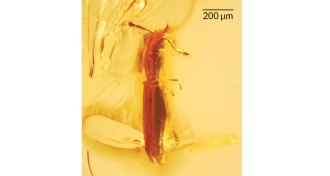 Paleontology
PaleontologyBeetle saved in amber had helicopter wings
For the first time, scientists report the fossilized remains of two tiny Jacobson’s Beetles, preserved in amber for at least 37 million years.
By Meghan Rosen -
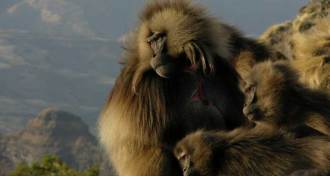 Humans
HumansGelada monkeys know their linguistic math
The vocalizations of gelada monkeys observe a mathematical principle seen in human language, a new study concludes.
-
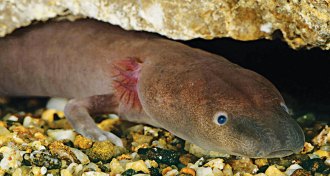 Animals
AnimalsCave-dwelling salamander comes pigmented and pale
Something’s funny in the family tree of pale, slinky cave salamanders.
By Susan Milius -
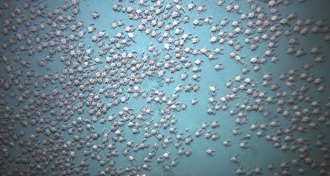 Animals
AnimalsScientists find a crab party deep in the ocean
A trip to check out the biodiversity off the coast of Panama revealed thousands of crabs swarming on the seafloor.
-
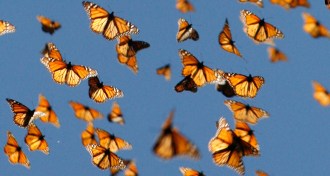 Animals
AnimalsMath models predict mysterious monarch navigation
Researchers have come up with a series of equations to predict how monarchs use their eyes and antennae to figure out how to get to Mexico.
-
 Genetics
GeneticsMalaria parasite doesn’t pass drug immunity to its offspring
Malaria parasites resistant to the antimalarial drug atovaquone die in mosquitoes, a new study finds.
-
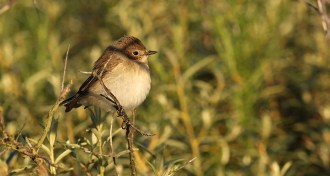 Animals
AnimalsPied flycatchers cruise nonstop for days to cross the Sahara
Teeny, tiny passerine birds called pied flycatchers fly day and night during their annual migration south across the Sahara.
-
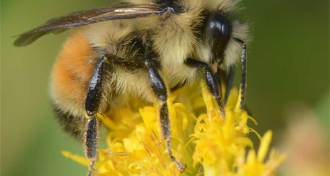 Climate
ClimatePollen becoming bee junk food as CO2 rises
Rising CO2 lowers protein content in pollen, threatening nutrition for bees.
By Susan Milius -
 Oceans
OceansReaders question ocean health
Ocean plastics, ant behavior, pollution solutions and more in reader feedback.
-
 Animals
AnimalsA sperm whale’s head is built for ramming
Computer simulations of a sperm whale’s head show that an organ called the junk may help protect the brain when ramming other whales — or ships.
-
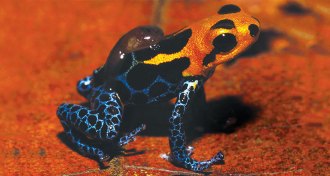 Animals
AnimalsPiggybacking tadpoles are epic food beggars
Tadpoles beg so frantically among mimic poison frogs that researchers check to see whether they’re just scamming.
By Susan Milius -
 Life
Life‘Wild Ways’ showcases need for wildlife corridors
The TV documentary 'Wild Ways' shows how wildlife corridors bridge the gap between isolated populations of animals.